Keynote Speakers
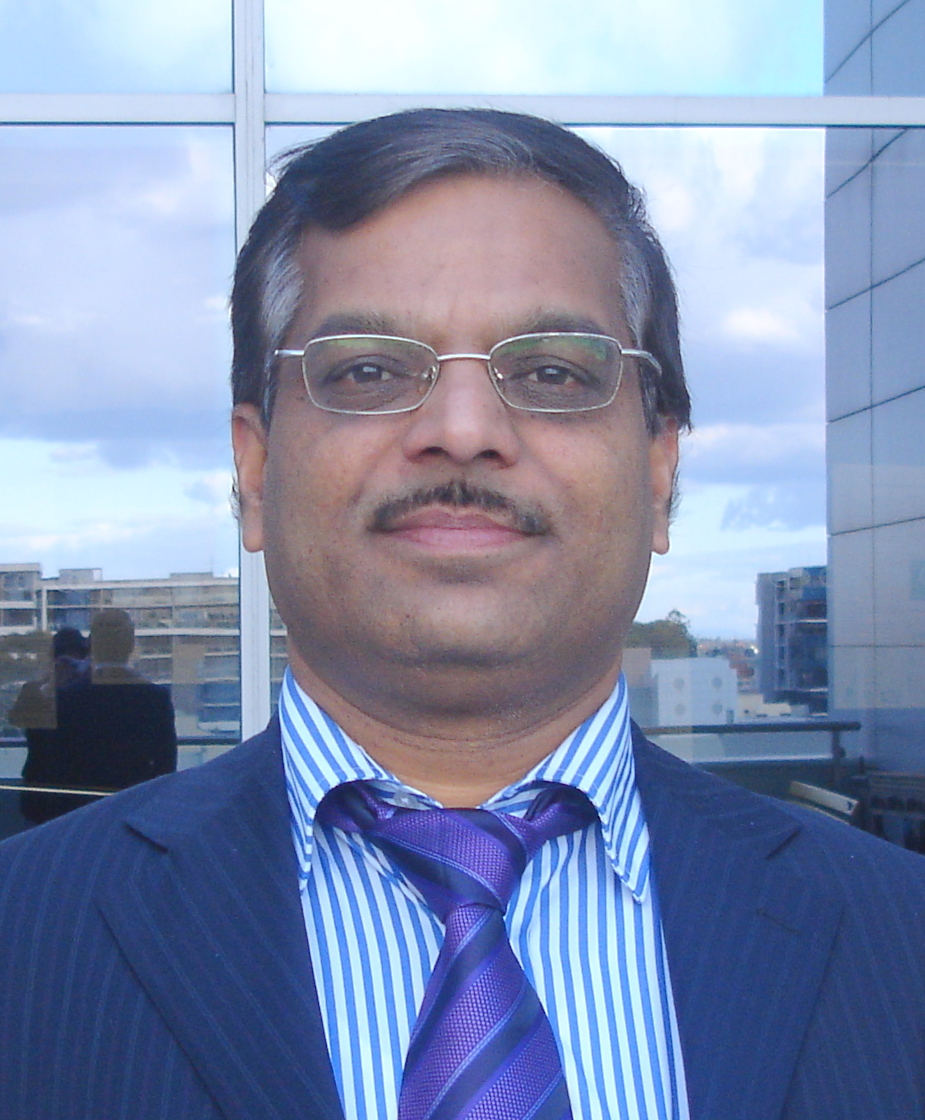
Rajkumar Buyya
Director, Cloud Computing and Distributed Systems (CLOUDS) Lab, The University of Melbourne, Australia
CEO, Manjrasoft Pvt Ltd, Melbourne, Australia
ABSTRACT
Computing is being transformed to a model consisting of services that are delivered in a manner similar to utilities such as water, electricity, gas, and telephony. In such a model, users access services based on their requirements without regard to where the services are hosted or how they are delivered. Cloud computing paradigm has turned this vision of "computing utilities" into a reality. It offers infrastructure, platform, and software as services, which are made available to consumers as subscription-oriented services. Cloud application platforms need to offer (1) APIs and tools for rapid creation of elastic applications and (2) a runtime system for deployment of applications on geographically distributed Data Centre infrastructures (with Quantum computing nodes) in a seamless manner.
The Internet of Things (IoT) paradigm enables seamless integration of cyber-and-physical worlds and opening opportunities for creating new class of applications for domains such as smart cities, smart robotics, and smart healthcare. The emerging Fog/Edge computing paradigms support latency sensitive/real-time IoT applications with a seamless integration of network-wide resources all the way from edge to the Cloud.
This keynote presentation will cover (a) 21st century vision of computing and identifies various IT paradigms promising to deliver the vision of computing utilities; (b) innovative architecture
for creating elastic Clouds integrating edge resources and managed Clouds, (c) Aneka 5G, a Cloud Application Platform, for rapid development of Cloud/Big Data/AI applications and their deployment on private/public Clouds with resource provisioning driven by SLAs, (d) a novel FogBus software framework with Blockchain-based data-integrity management for facilitating end-to-end IoT-Fog/Edge-Cloud integration for execution of sensitive IoT applications, (e) experimental results on deploying Cloud and Big Data/ IoT applications in engineering, and health care (e.g., COVID-19), deep learning/Artificial intelligence (AI), satellite image processing, and natural language processing (mining COVID-19 research for new insights) on elastic Clouds, (f) QFaaS: A Serverless Function-as-a-Service Framework for Quantum Computing, and (g) directions for delivering our 21st century vision along with new directions for future research in Cloud, Edge, and Quantum computing.
Dr. Rajkumar Buyya is a Redmond Barry Distinguished Professor and Director of the Cloud Computing and Distributed Systems (CLOUDS) Laboratory at the University of Melbourne, Australia. He is also serving as the founding CEO of Manjrasoft, a spin-off company of the University, commercializing its innovations in Cloud Computing. He has authored over
850 publications and seven textbooks including "Mastering Cloud Computing" published by McGraw Hill, China Machine Press, and Morgan Kaufmann for Indian, Chinese and international markets respectively. Dr. Buyya is one of the highly cited authors in computer science and software engineering worldwide (h-index=167 g-index=365, and 152,000+ citations). He has been recognised as a "Web of Science Highly Cited Researcher" for seven times since 2016, "Best of the World" twice for research fields (in Computing Systems in 2019 and Software Systems in 2021/2022/2023) as well as "Lifetime Achiever" and "Superstar of Research" in "Engineering and Computer Science" discipline twice (2019 and 2021) by the Australian Research Review.
Software technologies for Grid, Cloud, and Fog computing developed under Dr.Buyya's leadership have gained rapid acceptance and are in use at several academic institutions and commercial enterprises in 50+ countries around the world. Manjrasoft's Aneka Cloud technology developed under his leadership has received "Frost New Product Innovation Award". He served as founding Editor-in-Chief of the IEEE Transactions on Cloud Computing. He is currently serving as Editor-in-Chief of Software: Practice and Experience, a long-standing journal in the field established 50+ years ago. He has presented over 700 invited talks (keynotes, tutorials, and seminars) on his vision on IT Futures, Advanced Computing technologies, and Spiritual Science at international conferences and institutions in Asia, Australia, Europe, North America, and South America. He has recently been recognized as a Fellow of the Academy of Europe. For further information on Dr.Buyya, please visit his cyberhome: www.buyya.com
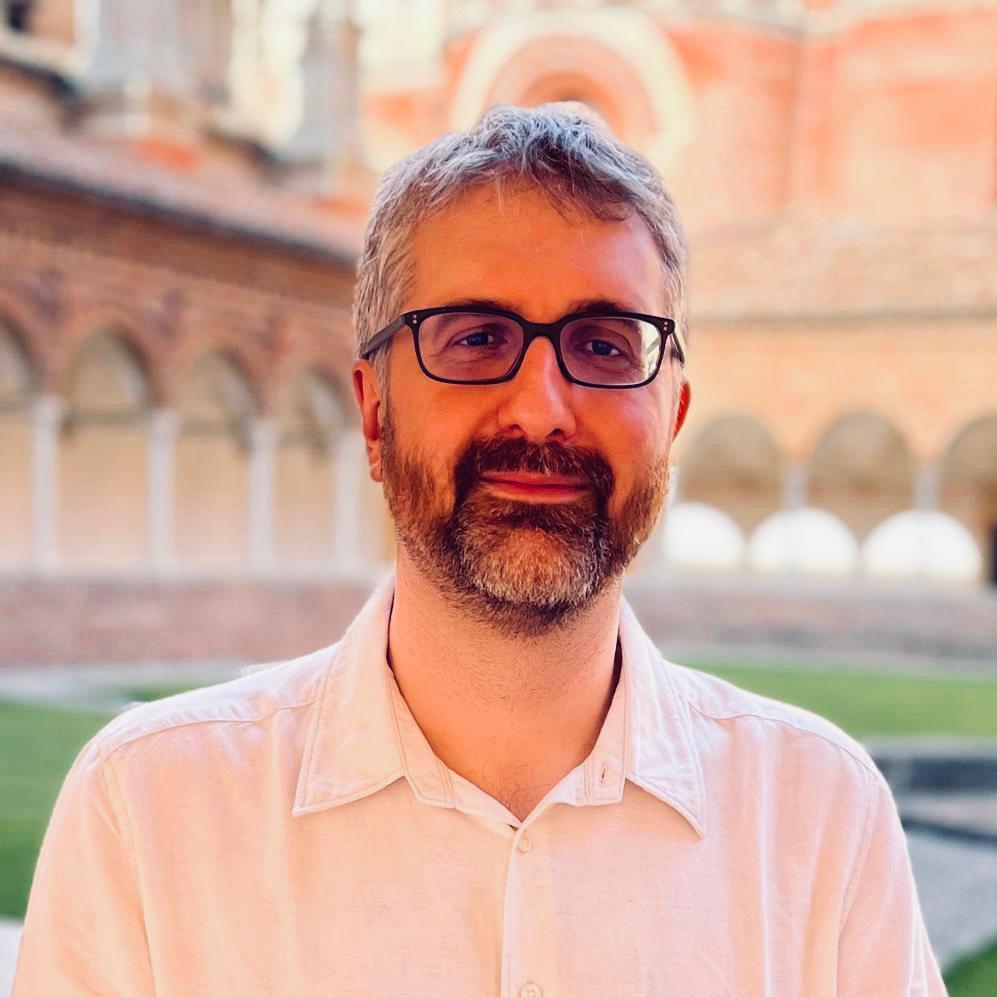
Giuliano Casale
Imperial College London
ABSTRACT
In recent years, there has been a significant rise in the demand for Big Data to be processed on-the-fly for analytics, a paradigm shift that allows for immediate insights and accelerated decision-making. However, this advancement comes with its own set of challenges, particularly for data continuously acquired at the edge, where distributed compute capacity constraints and memory limitations pose a hurdle in matching the data velocity, potentially resulting in loss of information.
In this presentation, I will delve into these challenges, focusing on quality-of-service trade-offs that come when engineering distributed data processing systems based on deep learning. I will explore dynamic neural architectures based on early-exit to accelerate data processing. I will also propose a novel class of surrogate models to reason about data throughouts and data loss, explaining how they can be integrated into system design to enhance quality assurance.
Giuliano Casale is a Reader in the Department of Computing at Imperial College London. He does research in Quality-of-Service engineering and cloud computing, topics on which he has published more than 150 refereed papers. He has served as program co-chair for several conferences in the area of performance and reliability engineering, such as ACM SIGMETRICS/Performance and IEEE/IFIP DSN. His research work has received best paper awards at ACM SIGMETRICS, IEEE/IFIP DSN and IEEE INFOCOM. During 2019-2023, he has served as ACM SIGMETRICS chair. He serves on the editorial board of ACM TOMPECS, ACM TAAS, and as the Editor-in-Chief of Elsevier Performance Evaluation.
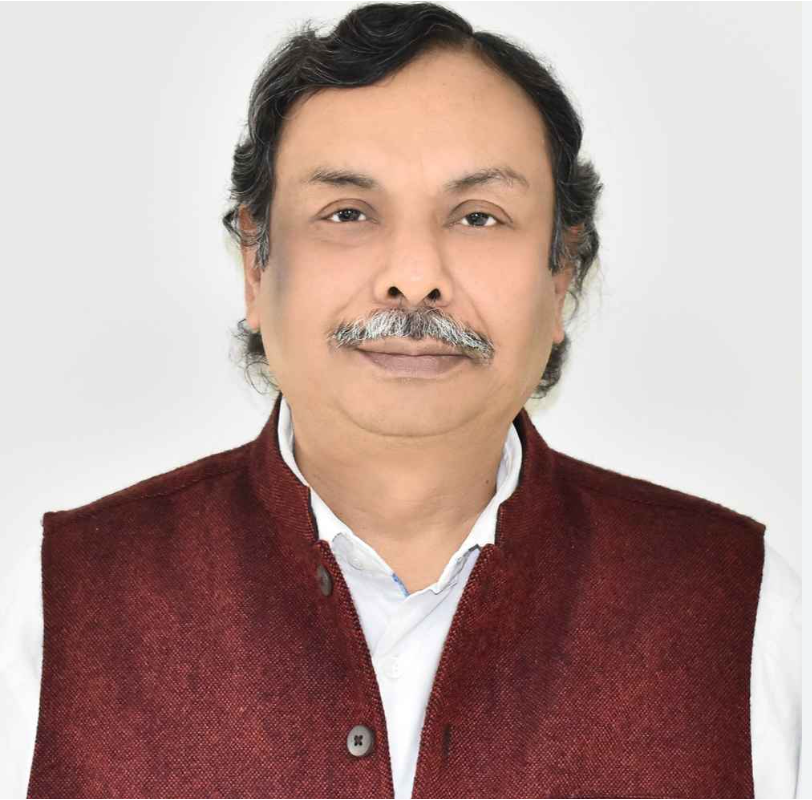
Santanu Chaudhury
Indian Institute of Technology, Delhi, India
ABSTRACT
Document AI mainly refers to the use of AI for automated analysis and generation of multi-modal documents. We shall address the problem of information extraction, information linkage and insight generation from multi-modal document collections. The problem of understanding content of scanned legacy documents will also be addressed. Document Intelligence is an important research domain at the intersection of signal processing and AI. We shall highlight some of the key issues and applications of this area.
Santanu Chaudhury did his B.Tech (1984) in Electronics and Electrical Communication Engg and Ph.D (1989) in Computer Science and Engg. from I.I.T, Kharagpur, India. Presently, he is a Professor in the department of Electrical Engineering., IIT Delhi.
He had been Director, IIT Jodhpur and Director CSIR-Central Electronics Research Institute. He was also Dean, Undergraduate Studies at IIT Delhi. He held a number of Chair Professor positions at IIT Delhi.
He was awarded INSA medal for young scientists in 1993. He is a fellow of Indian National Academy of Engineers (INAE), The National Academy of Sciences (NASI) and International Association of Pattern Recognition (IAPR). He is also a recipient of Distinguished Alumni Award of IIT Kharagpur.
He has over 350 publications in reputed Journals and conferences and 15 patents with technologies commercialised by global industries. His areas of interests are Computer Vision, Artificial Intelligence, Digital Heritage, AR-VR &Multi-sensory media.
Invited Speakers
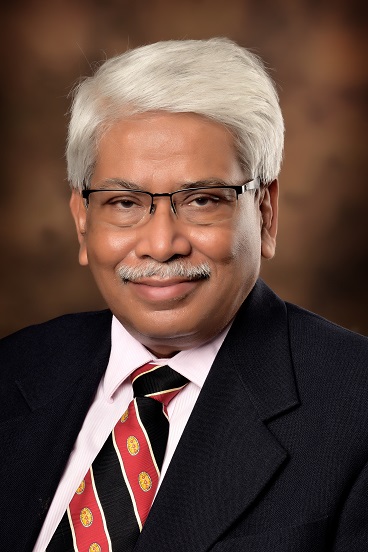
Asoke Talukder
Co-Founder & CSO
ARAI Solutions, Bangalore
ABSTRACT
The world around us is becoming smart with the emergence of Smart Objects and the adoption of Industry 4.0. Smart World is made of SmartX objects like Smart Car, Smart Transport, Smart Hospital, Smart Farming, Smart City, Smart Home, Smart Energy, and so on, driven by augmented, virtual reality, and autonomous IoT (Internet of Things). The goal of Smart World is to enhance quality of life, reduce resource consumption, ensure sustainability, and foster innovation through intelligent automation and data-driven decision-making. This will be realized through the convergence of AI, 6G, Digital Twins, and Digital Triplets. This talk will present how AI, 6G and Cognitive Graphs are converging to realize the Smart World. It will cover various aspects of AI – Symbolic AI, Subsymbolic AI, Causal & Counterfactual AI, and Generative AI. This talk will introduce SmartX, Smart World, Industry 4.0, Digital Twins, Digital Triplets, and the Autonomous Systems. To automate any system, the processes within the system must be fully understood. In this regard, we will also introduce the technique of process mining, and methodologies of how to construct a Finite State Autonomous System.
Prof Dr Asoke K Talukder is the Co-Founder and Chief Science Officer of ARAI Solutions (https://araisolutions.ai/), Bengaluru. He is a polymath – a Physicist by training, Computer Scientist by choice, and Biomedical Researcher by passion. His area of interest is Domain Agnostic Data Science. His first paper in AI was published in IEEE Systems Man & Cybernetics in 1980. He worked in the domains of education, industry, and innovation for companies like ICL, Fujitsu-ICIM, Microsoft, Oracle, Informix, Digital, Hewlett Packard, Sequoia, Northern Telecom, NEC, KredietBank, iGate, CellNext, Tyfone, ICICI Lombard, SRIT, BlueRose Technologies etc. Dr Asoke authored/edited six books; out of which two are translated in Chinese and published about 80+ peer-reviewed research papers. He is recipient of many international awards including All India Radio/Doordarshan Award, ICL Services Trophy, ICIM Professional Excellence Award, ICL Chief Executive Excellence Award, Atlas Club Excellence Award, and Govt of Karnataka Bio-Excellence Awards. His products were the recipients of IBM Solutions Excellence Award, and Simagine GSMWorld Award. He engineered the FIRST in the World 64-bit Multilingual Database with Asynchronous IO for Informix & Digital. He Internet enabled Microsoft PowerPoint. He developed the first Blockchain Consensus protocol "Proof of Disease" for healthcare. He engineered the First Real Money, Realtime, Reality TV Show Kaun Banega Crorepati (Who Wants to be a Millionaire) hosted by Amitabh Bachchan for STAR TV. He engineered the ZERO Defect Network Management Controller System for Queen's Award winning PDMX. He setup the first X.25 network in India for Department of Telecommunications (DoT), and the first Java Competency Centre in India. In previous avatars Dr Asoke co-founded Cellnext that shaped the Mobile Computing in India. He co-founded InterpretOmics, a pioneer in Computational Genomics and Systems Biology. He co-founded Precision Genomics, and XaiTeck – companies using Explainable AI (Artificial Intelligence) for AI (Actionable Insights) in Medicine. Dr Asoke is also an educator, he was the DaimlerChrysler Professor at IIIT Bangalore, and Adjunct Professor at VIT Vellore, IIITM Gwalior, NIT Warangal, and NITK Surathkal. Dr Asoke has been listed in "Who’s Who in Science and Engineering", "Who’s Who in the World" and "Outstanding Scientists of 21st Century".
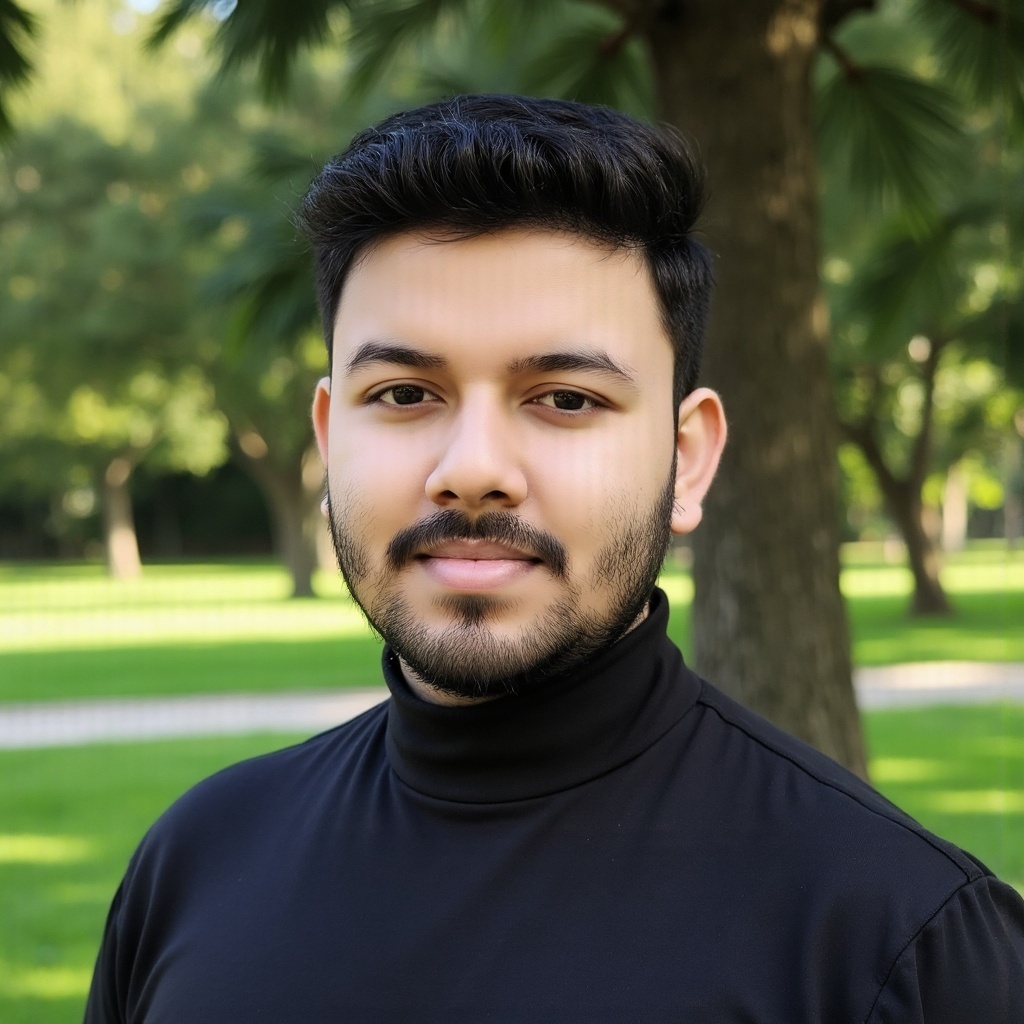
Sailesh Patra
AI Consultant, Cognida.ai
ABSTRACT
The automation of order processing in procurement is transforming enterprise operations by improving efficiency, reducing costs, and minimizing manual errors. Artificial intelligence (AI) plays a critical role in streamlining this process, from order generation to final approval, by intelligently managing vast amounts of data, identifying patterns, and automating decision-making tasks. We will explore the potential of AI-driven solutions in procurement order automation, highlighting both the strategic benefits and the technical challenges involved. We will delve into various AI methodologies, such as natural language processing for document comprehension, machine learning for predicting order requirements, and computer vision for extracting critical data from unstructured formats. Additionally, we will evaluate the computational complexity and infrastructure costs associated with these approaches, providing insights into achieving optimal performance and scalability. By focusing on advanced, resource-efficient models, I will offer a guide to implement robust AI systems that balance accuracy, speed, and cost-effectiveness, ultimately driving value in the procurement landscape.
I will talk about how AI can be used to automate order processing in enterprises. I will also dive into the technical details about different approaches in which we can solve this in the most optimized and efficient way in terms of both computational complexity and cost of infrastructure to achieve this.
Sailesh Patra is leading AI team as an AI consultant at Cognida.ai. At Cognida.ai, his role as an AI lead leverages over eight and a half years of experience in developing cutting-edge solutions for complex data challenges. His team emphasizes innovation in artificial intelligence to transform data into actionable insights, driving strategic decisions across the organization.
Previously at Hitachi Vantara, his expertise in algorithm design and programming with Angular contributed to pivotal projects that enhanced our software engineering processes. The transition from a Software Engineer to a Senior Consultant, and now to my current role, reflects a sustained commitment to excellence and a passion for pushing the boundaries of technology in AI and data science.
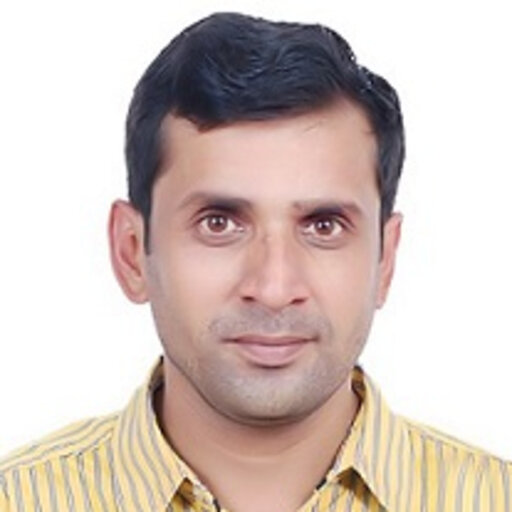

Rajeev Gupta & Rishabh Malhotra
Researcher & Scientist, Microsoft
ABSTRACT
For a number of scenarios, we need to extract different entities from emails. This extraction needs to be scalable in different dimensions-- number of emails, number of entities, cost and time of onboading, etc. For ease of onboarding, we are using LLMs for extractions, but LLMs are costly. How to minimize the cost? Reduce the number of extractions? Reduce the per extraction cost? We proposed using SLMs-- but, what about the quality of extraction? We need to finetune the SLMs. How to finetune using private email data? We will be answering all these questions in our talk.
Rajeev Gupta is Principal Applied Researcher at Microsoft-- working in the areas of information extraction, content recommendations, and using language models for various applications. Prior to that, he was chief architect at IQLECT software and Senior Researcher at IBM Research. Rajeev holds a B.Tech. from IIT-Kharagpur, M.Tech. from IIT-Delhi, and a Ph.D. (computer science) from IIT-Bombay.
Rishabh Malhotra is a Data & Applied Scientist at Microsoft specializing in the domain of Natural Language Processing and Information Retrieval. Additionally, he has been involved in a number of projects involving Generative models. Rishabh holds as B.Tech from Panjab University and an M.Tech from IIT Kharagpur.
Panel
Title: How will our everyday lives change as Big Data unites with AI/ML?
Members: 1. Prof. Chakravarthy Bhagvati (Moderator)
2. Prof. D. V. L. N. Somayajulu (Director, NIT Manipur )
3. Prof. V. Ravi (IDRBT)
4. Mr. Srinivas Jandhyala (formerly in IBM)
5. Dr. J. V. R. Sagar (Sc-H, DRDO and former Director, ANURAG)